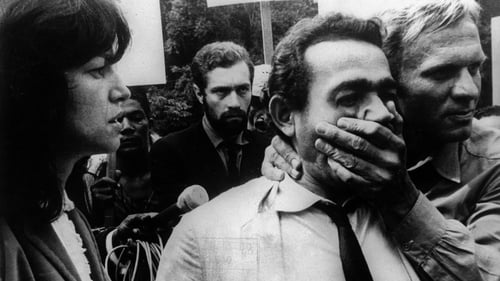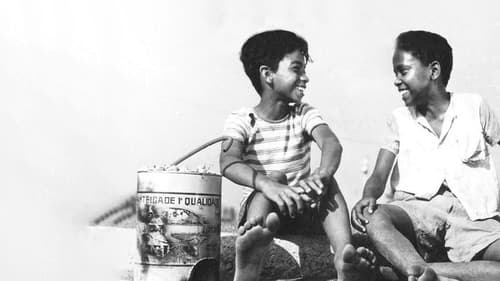Modesto de Souza
Birth : 1894-11-13, São Miguel dos Campos, Alagoas, Brazil
Death : 1967-08-20

Senador
Eldorado, a fictitious country in America, is sparkling with the internal struggle for political power. In the eye of this social convulsion, the jaded journalist Paulo Martins opposes two equally corrupt political candidates: a pseudopopulist and a conservative. In this context, Paulo is torn between the madness of the elite and the blind submission of the masses. But, in this complex tropical reality, nothing really is what it seems to be.

Originally produced for German TV, Improvised and Purposeful is a firsthand look at the "Cinema Novo" movement (otherwise known as the 'Brazilian New Wave'). Director Joaquim Pedro de Andrade focuses on six Cinema Novo filmmakers working in Rio in 1967.

A small town is taken upside down when an inventor finds a way to turn bones into gold.

Juca Miranda
Man finds a job as a dog catcher, but feels sorry for the animals and sets them free.

Banned by Brazil’s Federal Department of Public Safety, Rio, 40 Graus is a landmark film that ushered in the wave of Cinema Novo in Brazil. The film chronicles a day in the life of five peanut vendors from Rio de Janeiro's favelas. This was one of the first Brazilian films to address the issues of race, poverty, and class.

A great mystery surrounds Leonora, and it becomes even more mysterious when a stranger arrives from Buenos Aires looking for her, saying he knows her. In love with her, he is desperate when they say she is dead. Not believing what they say, he continues his search. But upon finding her, he is faced with a cruel and unexpected enigma.

Floriano
A poor girl must find the money to pay for her blind sister's eyesight operation.

Luís
Tico-Tico no Fubá is a 1952 Brazilian comedy film directed by Adolfo Celi and starring Anselmo Duarte. It was entered into the 1952 Cannes Film Festival. The film is a fictionalized biography of Brazilian composer Zequinha de Abreu (1880–1935), who penned the song "Tico-Tico no Fubá" that became an international hit in the 1940s.


Empregado
A gang, leaded by the unknown and mysterious Anjo, robs a jewelry and schedules a meeting in the Copacabana Palace Hotel, in Copacabana. The identification would be through a cigarette case with an angel, and the password "- Is everything all right?" Meanwhile, the director Ricardo is preparing a show for the carnival in the hotel with Marina, and they love each other. The janitor Serafim receives a letter from his unknown American brother, who will come to Rio to spend the carnival and meet him, and asks Eliana for a chance in the show, since his brother believes he is an artist. When Ricardo finds the cigarette case lost by Anjo in the entrance of the hotel, he is misidentified by the thieves, and this is the beginning of lots of confusion and fun.

The love misadventures of a teacher, a woman who gives up living in a big city in order to teach country children how to read and write.





